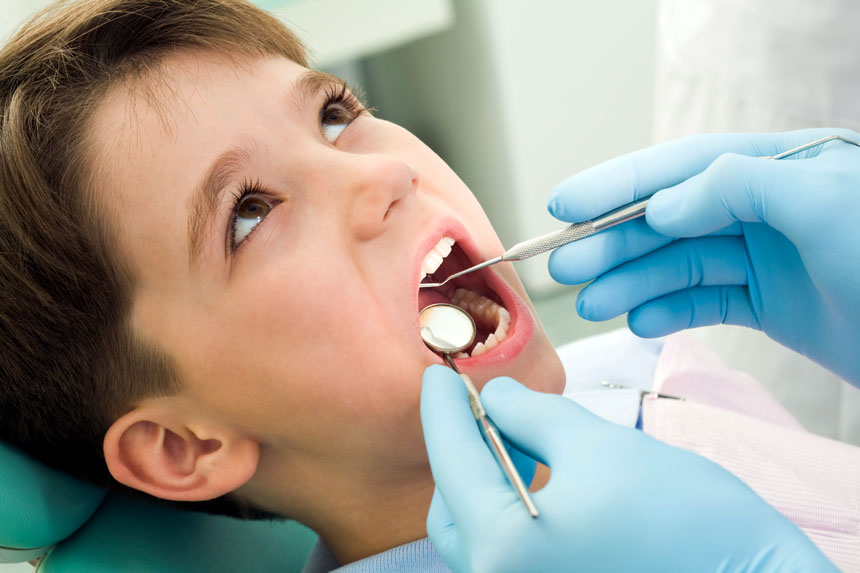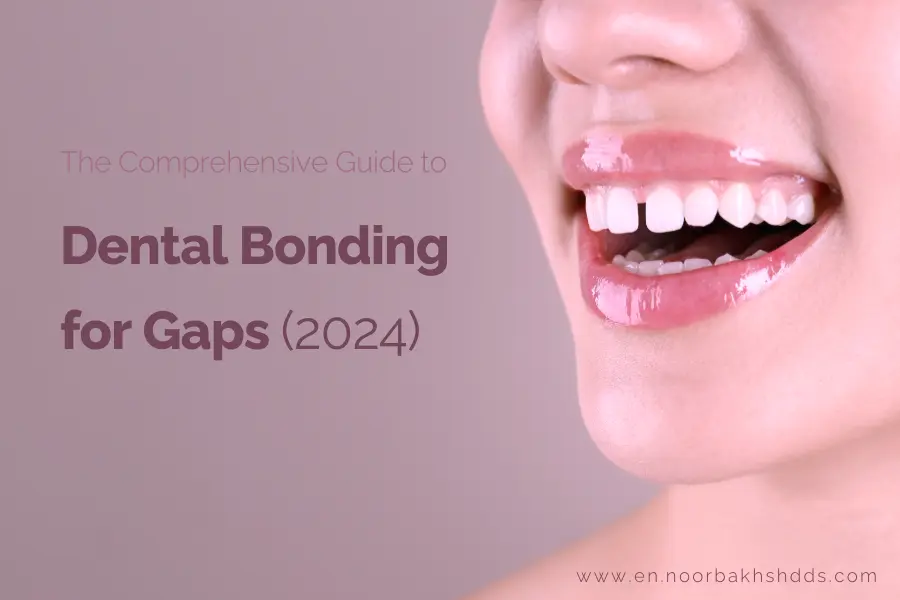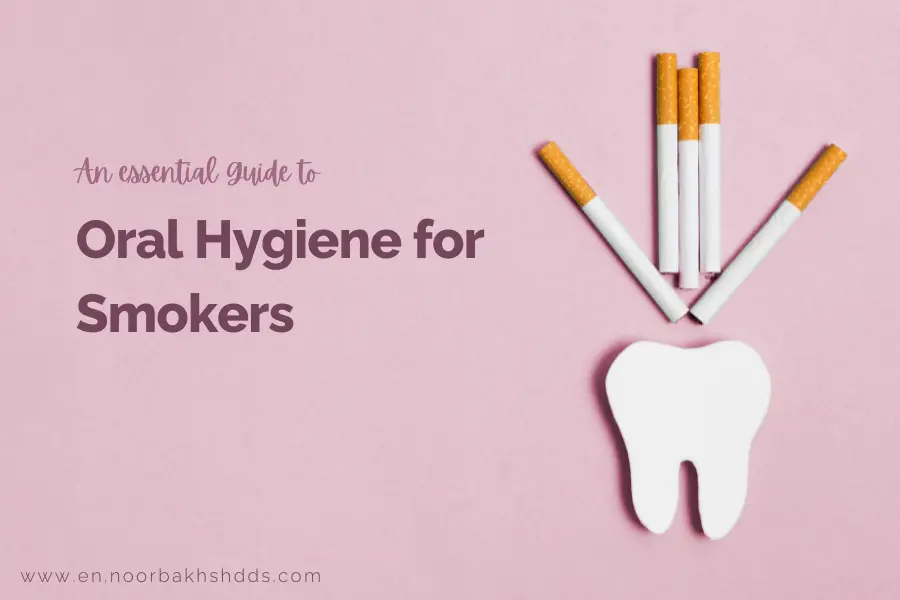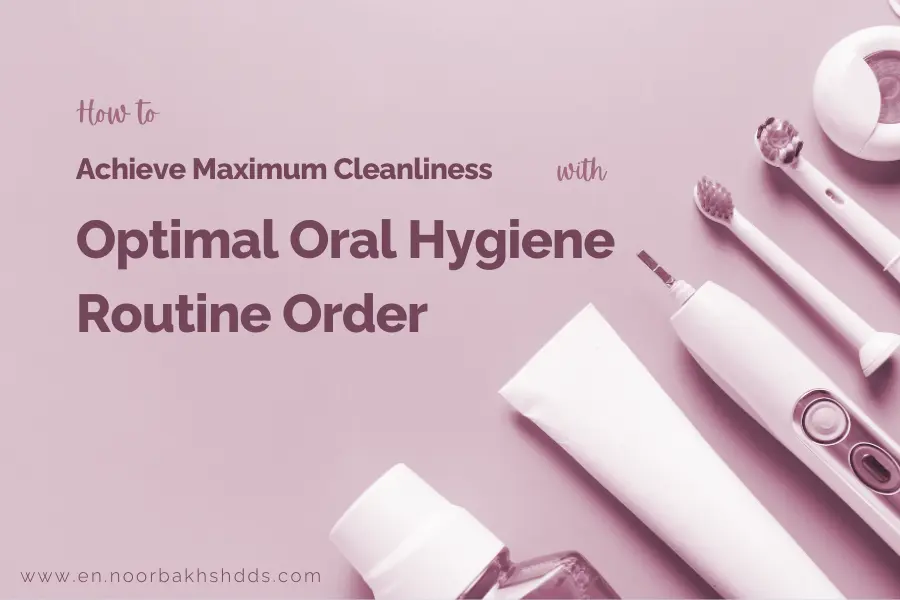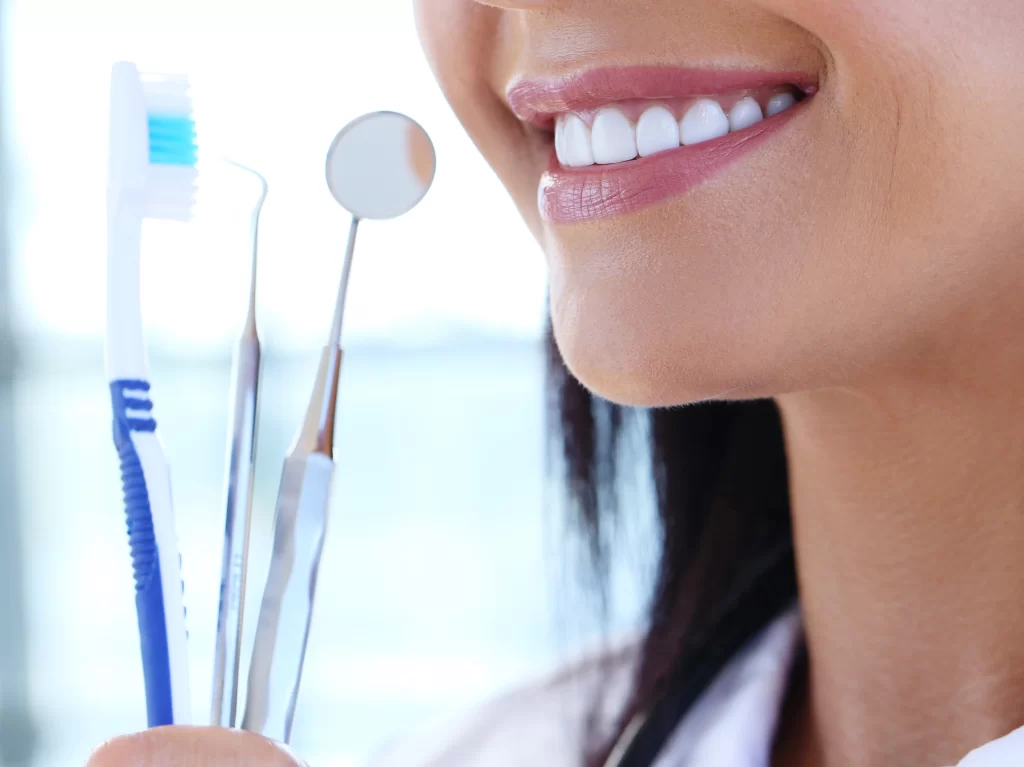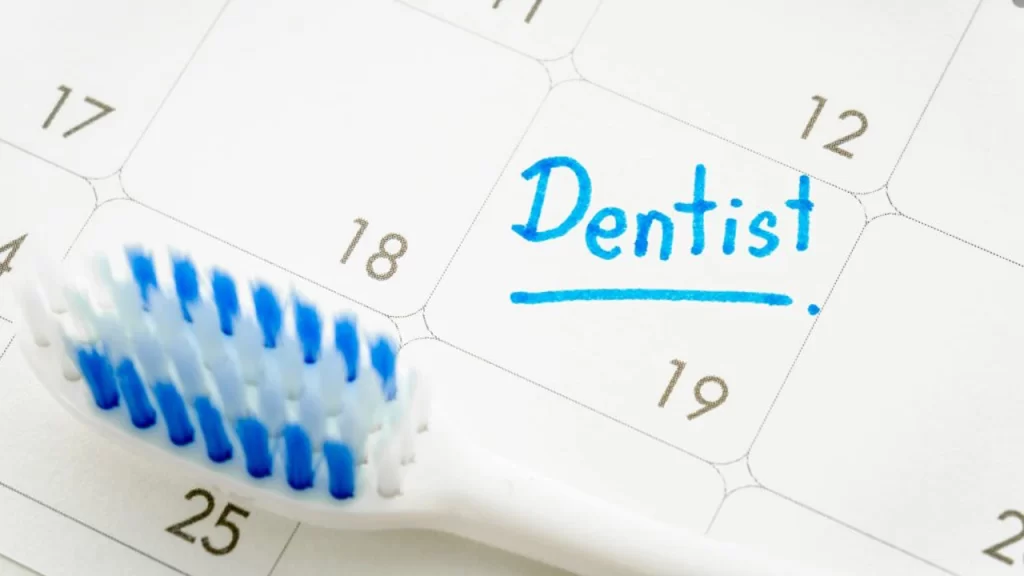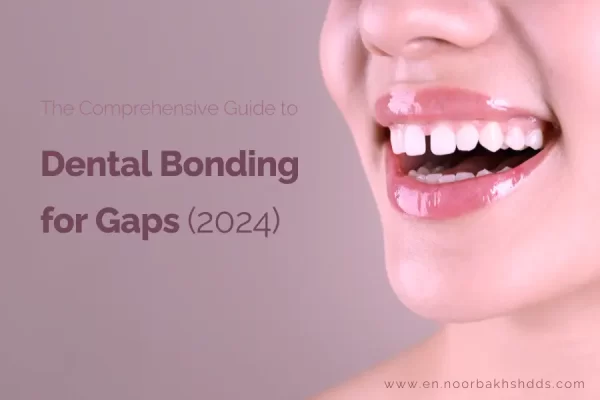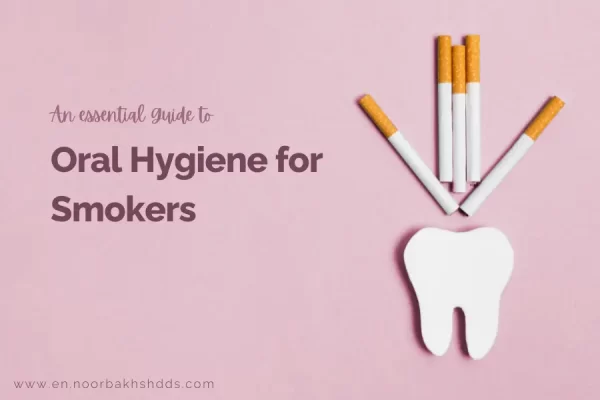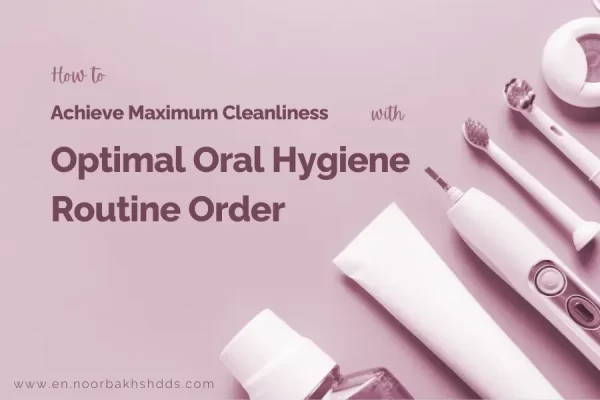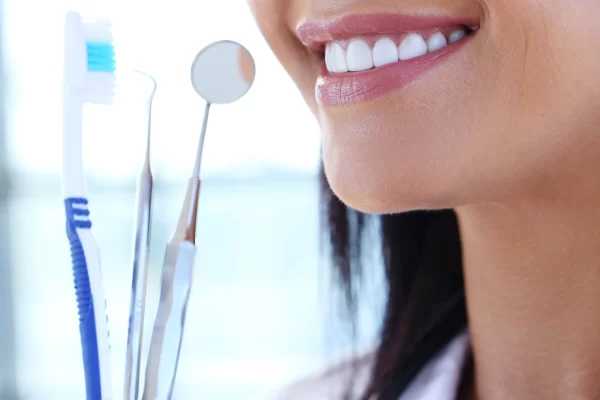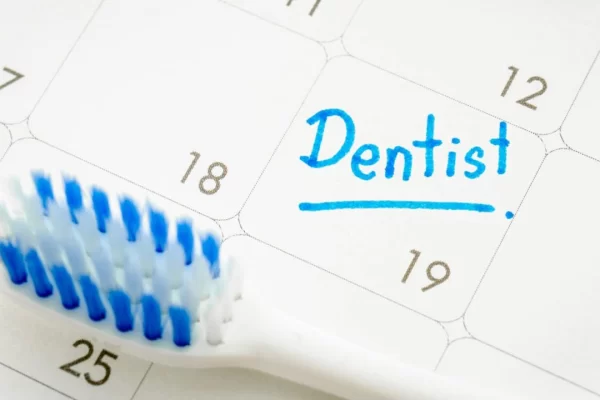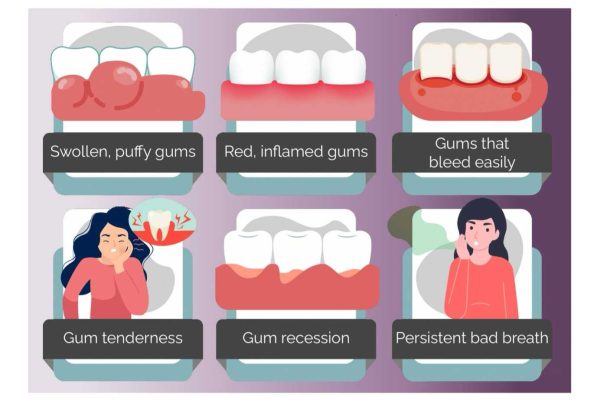Pediatric Dental Exam: What To Expect
Pediatric Dental Exam: The primary goal of the first visit and meeting in pediatric dentistry is to establish an emotional relationship and friendship without fear with the child, so that the feeling of pain and fear is removed for the child in the first step.
Familiarity with dental equipment and environment, basic preventive measures, and more importantly, diagnosis and treatment of children’s oral and dental problems in the early stages are other goals of the Pediatric Dental Exam.
The American Dental Association has suggested that a pediatric dental check-up should be done every six months.
However, the dentist may suggest shorter or longer periods for the checkup according to your child’s mouth’s discretion and health conditions.
It is better to prepare your child for a Pediatric Dental Exam & the first visit to the dentist before causing pain or special difficulty in chewing because the child’s first good experience plays a significant role in the child’s future cooperation with the doctor.
For example, during the first check-up and examination, I usually try to familiarize the child with dental tools such as the unit and introduce and name the tools with children’s names and sit the child on the medical chair to check his teeth with me. Parents can be present with their child, otherwise, for a sense of security and to remove the child’s fear, play this game with your child and, if necessary, start the treatment with a comfortable and painless work such as fluoride therapy and dental brosage. This action will help your child to cooperate in the next therapy sessions.

Pediatric Dental Exam: The importance of maintaining milk teeth
It is better to know that milk teeth are very important and it is better to keep them in the mouth until the tooth falls out at its own natural time, because chewing is very effective in the development of the child and also keeps the space for the permanent teeth below.
With the help of a timely visit, it is possible to prevent the premature extraction of milk teeth and stop the progress of tooth decay because milk teeth are more prone to abscesses and the development of decay than permanent teeth.
The next important point in the Pediatric Dental Exam is about the first permanent molar tooth, or tooth 6, which erupts between the ages of 6 and 7. In many cases, due to parents’ confusion with milk teeth, it causes problems and premature loss of permanent teeth, which should be in every person’s mouth until the end of their life.
Why do dentists love Straumann?

